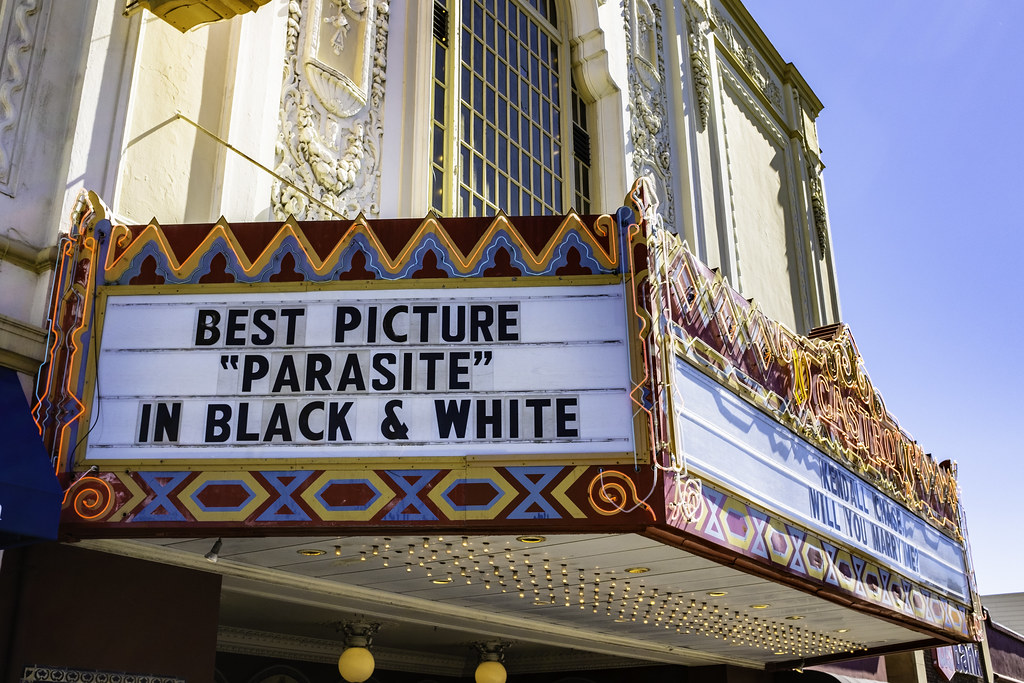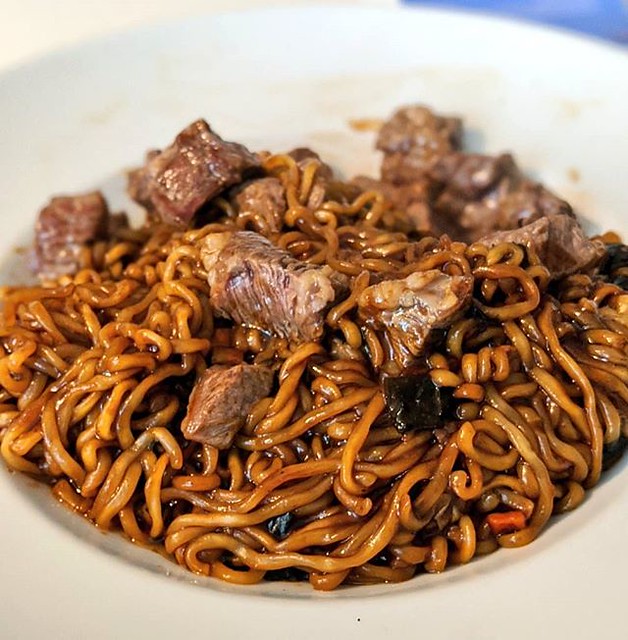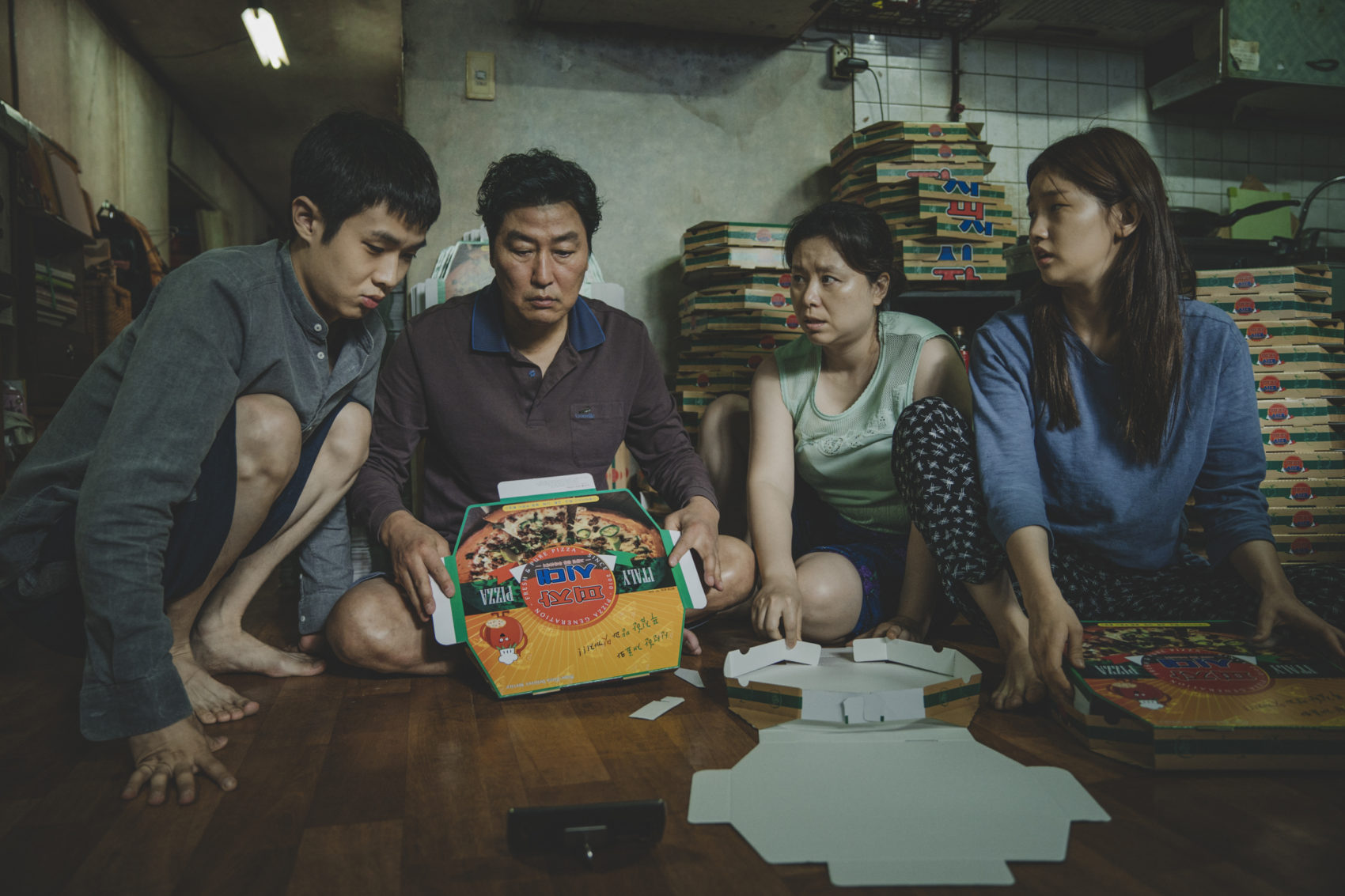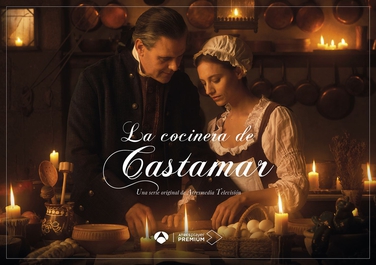Home » Posts tagged 'subtitles'
Tag Archives: subtitles
Turkish show with English subtitles
by Shelby Garrison, Garris37

I watched a Turkish tv show called Love For Rent. Some of the characters in this series seem to be high class people in fancy houses with their own people that work for them. Other characters I believe are lower class people that work hard and I think they are located in a city in Turkey. This show seems to be in modern time. A lot of things are similar to my culture. The way they dress (upperclass and lower class) is the same way people in my culture dress. The transportation is the same, they have cars in the show. Food is the same also I saw fruit on the table for breakfast. The weather was the same as I would say New York. There is really no significant differences in culture. The main difference is obviously language. The people in the show are very passionate when they speak and very loud! Another difference I noticed is the music. The music in the show was Turkish music, and very different from the music I listen to. The rich characters valued money and reputation. There really wasn’t that much difference in culture I think. The landscapes where beautiful and they had a pretty body of water with boats in in, Which reminded me of views we have in the states.

Parasite: Cultural Comparison
Four time academy award winning movie Parasite provides not only a critical look into South Korea’s economical and societal cultures, but also a comparison to the same issues prevalent in the United States. Parasite is available on Hulu. Below is a trailer for the movie. *Spoilers Ahead :)*
The movies plot begins with the Kim family in their semi-basement home. A friend, Min, offers a tutoring position to Ki-woo for Da-hye, a high school student belonging to a wealthy family. Throughout the movie multiple scenes depicting the poverty the Kim family faced are followed by scenes showing the wealth of the Park family.

One cultural aspect that can be seen throughout the movie is the Korean cultural ideals of respect. Min yells at a drunk man in front of the Kim family’s home using disrespectful language despite the drunk man being Min’s elder. This is also seen when the characters bow to say thank you or upon meeting someone. When Ki-woo is talking with the boss of the pizzeria they both speak to each other using formal language. He uses formal language to show respect to the boss, while she uses formal language towards Ki-woo because he is older than her. Later, Moon-Gwang called the mother, Chung-sook “unni” meaning sister. Chung-sook finds this disrespectful as her and Moon-Gwang do not know each other very well. In the United States there are no particular rules to respect. Though you should refer to superiors as Ma’am or Mrs. or Sir or Mr. Respectfullness plays a much more vital role in South Korean culture than in American culture.
Though my family does not allow shoes in our own house, this is based in Asian culture and many American families do not follow this. This is seen when Min walks into the Kim family household and leaves his shoes by the door as well as when Ki-woo visits the Park house. In the Park house you can even see they have specific slippers they wear around the house waiting at the front door for them to change into.
In the beginning of the movie they are concerned about no longer having WiFi signal. Chung-sook is especially worried about not having access to a messaging app. The subtitles translated this to WhatsApp so that it would be more familiar to non-South Korean audiences, however, the app she actually refers to is called Kakao Talk. Kakao talk is the South Korean equivalent to WhatsApp. In the United States, while many know about WhatsApp it is not as vital of a messaging source. However, for many people who have family that live outside of the U.S., WhatsApp is a very important messaging tool.
Even their drinks and food show the poverty disparity between both families. The Kim family is shown drinking FiLite beer while the Park family has various bottles of expensive liquor. As for food, they eat Ram-don which is a combination of Ramen and Udon, kimchi, rice and egg, pizza with hot sauce, and braised ribs. The Kim family tends to eat cheaper foods, like in the beginning of the movie when the father is eating plain sliced white bread. Whereas the Park family asks Chung-sook to make Ram-don with steak for them, which Chung-sook has never even heard of.

Later in the movie they discover a bunker under the house. They explain that many houses in South Korea have these underground bunkers in case of attack from North Korea. This reminded me of the bunkers some American’s had during the Cold War, in fear of nuclear attack from the Soviet Union.
There are also references to air pollution, specifically in the birthday planning scene where Mrs. Park is on the phone. She mentions the air pollution not being too bad and the sky being clear the day after a rain storm. South Koreas air quality tends to be poor due to pollutants being carried over by winds from China and other polluted areas. Mrs. Park mentions the rain being a blessing. Meanwhile, the Kim family saw this storm as a tragedy. With their semi-basement house, comaprable to underground apartments in New York City and other U.S. cities, this storm destroyed their home. Similar to the flooding in New York which destroyed many of these apartments during storms in recent years even causing multiple fatalities. After the flooding in the movie, Mrs. Park is seen picking an outfit for the party from her massive and filled walk-in closet. The next scene shows the Kim family in a storm shelter having to wait in line to pick clothes out of a pile.

Parasite displays a social and economic commentary on the current state and politics of South Korea. Many comparisons can be drawn between South Korean culture as portrayed through the movie Parasite and culture in the United States.
Thank you for reading!
Samantha Pollina
Subtitles
Be Yourself
By Tiffany Imparato

This week I was challenged to watch a movie or tv series from another culture in language other than English and utilize subtitles. I selected a Chinese series I found on u tube called 机智的上半场 or Be Yourself; which is a college aged drama following four very different young girls being their journey at school. First we are introduced to Xia on a her journey to school on a crowded subway through the city as she anxiously awaits arriving at the university. The city that she is traveling within is build up with massive sky scrapers and seems to have very modern architecture. Throughout her journey she is texting and taking many selfies which I think is universal for young women no matter what culture they are raised in. Xia appears to be a shy type of girl that is dressed very humble and may be considered a “tom boy,” by American standards. Next we meet Fan who is dressed very stylish and has people adoring over her she appears to be wealthy and privileged. One thing that I found odd is all the students appear to be checking into school alone in our culture often parents help children on move in day as it is an important event. When Fran arrives at her dorm she meets Yang who is a nerd type girl that is very inviting. The dormitory is cold and give a jail like feeling in my opinion they are not very homey. We finally meet the fourth roommate Huangfu who is a very shy girl that is very sad as she is missing her family. It should be exciting to see these three different girls cohabitate as they are obviously from various backgrounds. Some differences I noticed was the oddly small washer in the college laundry room, and the extremely modern buildings and structures throughout the episode. I also found it odd that they were required to pay for utilities in a dorm room on campus. The food that I saw in the episode was very different to me and I honestly was not able to make out what was on the plates. Some things I noticed that were similar was the weather and that the campus had nice grassy areas for the students to relax. Even though the girls are from an extremely different culture it was obvious that they enjoyed texting, nice things, and boys just like girls from many different cultures. There was however an unspoken hierarchy amongst the girls where Fran because she has money and nice things was treated a bit better I wonder if this is true of Chinese culture. Watching this show opened my eyes to many differences and similarities in just one episode and hope to continue to follow the journey of the girls and learn more.
The cultural and culinary experience of Netflix’s “The Cook of Castamar”
![[Image description: The Palacio del Infante don Luis, the filming location for the fictional Castmar estate on Netflix's "The Cook of Castamar".] Via Wikimedia Commons.](https://blogs.stockton.edu/webtools/files/2021/10/Palacio_del_Infante_don_Luis_Boadilla_del_Monte_01a.jpg)
The Cook of Castamar came to Netflix on July 24, 2021, but it had originally aired on Spain’s Atresmedia player early this year in February (as La Cocinera de Castamar). The show is set in 1720 Madrid and follows Clara Bellmonte, played by Spanish actress Michelle Jenner, after she starts working as a cook in the kitchen of Castamar, the estate of recently widowed Duke Diego Castamar. Clara has agoraphobia, making it impossible for her to go outside. The story centers around Clara and Diego’s love story, a relationship that is forbidden by the social expectations that prohibit aristocracy from marrying the help while still being accepted in polite society.

Diego’s estate is filled with toxic, manipulative people who want to use his wife’s recent death for their own gain. While Diego represents the highest crust of aristocracy, he is truly a kind, loving man who did not see how those around him were hurting him and his potential relationship with Clara (until the end, of course).
The culture of 18th-century European aristocracy is not exclusive to Spain, but it is still a society that is different from the one we live in now. However, Spain’s culture during this time was distinctive at this time, because it was immediately after Spain’s Golden Age. The food is what makes the cultural differences stand out, particularly with Spanish cuisine (the kind of food you wouldn’t see when watching another drama about European aristocracies, like The Tudors or Pride and Prejudice). We see Clara making chorizo with another maid, or serving sopapillas for breakfast.
Despite how foreign it seems for society to judge the relationship between a maid and her boss, social stigmas still exist in the 21st century that prevents many from giving in to their feelings (like Clara and Diego for the near entirety of the show). For example, there still seems to be a stigma surrounding couples with large age gaps, no matter the gender. As outdated as it sounds, there are even cases where interracial couples still face stigma. This is perhaps one of the main reasons why Clara and Diego’s story is so compelling; everyone loves a forbidden love story, especially because we all know what it’s like to yearn for something we can’t have.
Another major similarity the show has to my own culture is the value placed on the kitchen. The kitchen is the heart of the home, and this is something Diego recognizes even though it is where the servants mainly build their relationships (he constantly finds himself below in the kitchen to see Clara). When Clara first arrives at Castamar, the housekeeper, Mercedes Berenguer, is hostile toward her and narrows in on any rumor about Clara and Diego’s relationship. What drives her character is the social cue of needing to ensure that all of society knows that she runs a good household and keeps the servants in check (social stature is a major part of this world, economically and socially, while in the 21st-century people can rise up from how they were born). By the end, however, Mercedes and Clara grow to become friends (as she becomes friends with everyone in the kitchen), and all of this happens through the bonds that form over sharing a meal at a table. This is universal, no matter the time period, location, or culture.
The characters also do the same things for fun that we do today. That includes dancing and drinking, cooking for fun, and enjoying a meal together. The types of dances and food that they eat are the only things that are different from my own culture here in the States, but the characters’ values and actions are distinctly relatable because they are simply human.
The cultural differences, on the other hand, also come with the setting and filming locations are also distinctly Spanish. The exterior shots of Castamar were shot at the Palacio del Infante don Luis, a major national cultural site outside of Madrid. In the scenes that are filmed outdoors, especially during tense scenes with horses and sword fighting (without giving away too many spoilers), the landscape is ruggedly European. Jagged hills and rocks, dense forests of the north of Spain, and dry, open plains that are brown with winter (and look like they’d be sweltering in the summer) simply look different from the kinds of plains and forests you see in America.
Another main difference from the show’s society versus that of today’s is the use of public execution as corporal punishment. Clara’s father being executed through hanging is something that you would not see in modern society. In fact, the last public execution in America was in 1936, and in Spain, it was as recently as 1972. The point of this, however, is that they don’t happen in the 21st century.
A final thing that stands out as a cultural difference is politics. At the time, Felipe V ruled Spain and is also a character in the show. Felipe V was notoriously insane and takes away Diego’s dukedom for marrying Clara in the end. This involves the politics surrounding relationships that were not society-approved in 18th century Spain.
Today, politics do not play that big of a role in frowned-upon relationships. It’s mostly social consequences, and the lingering effects that have on a love affair are something that The Cook of Castamar gets right.
Recent Comments